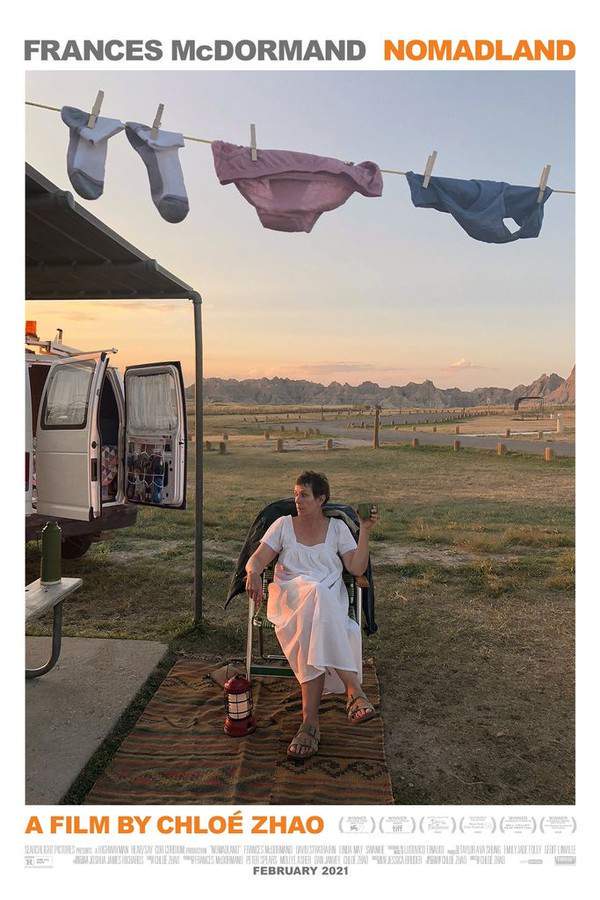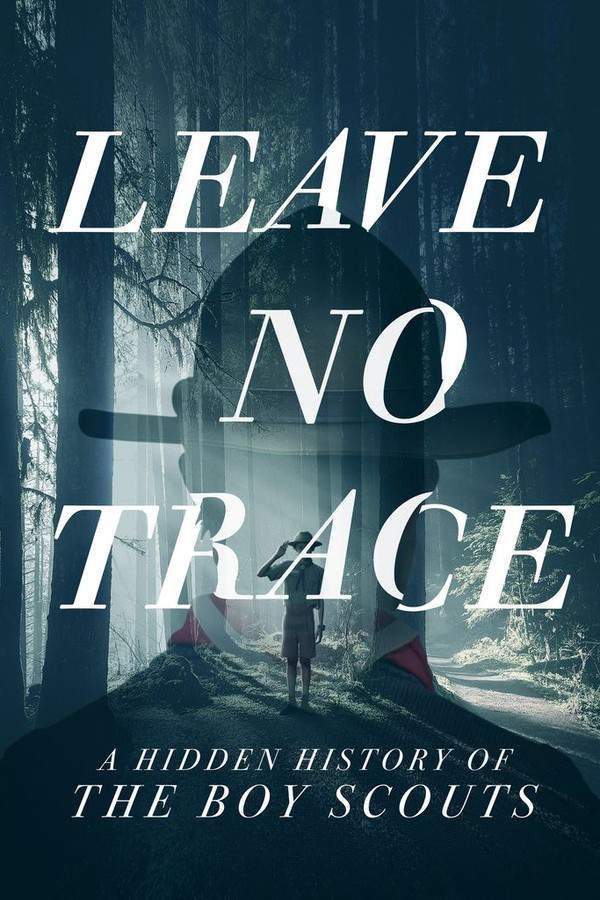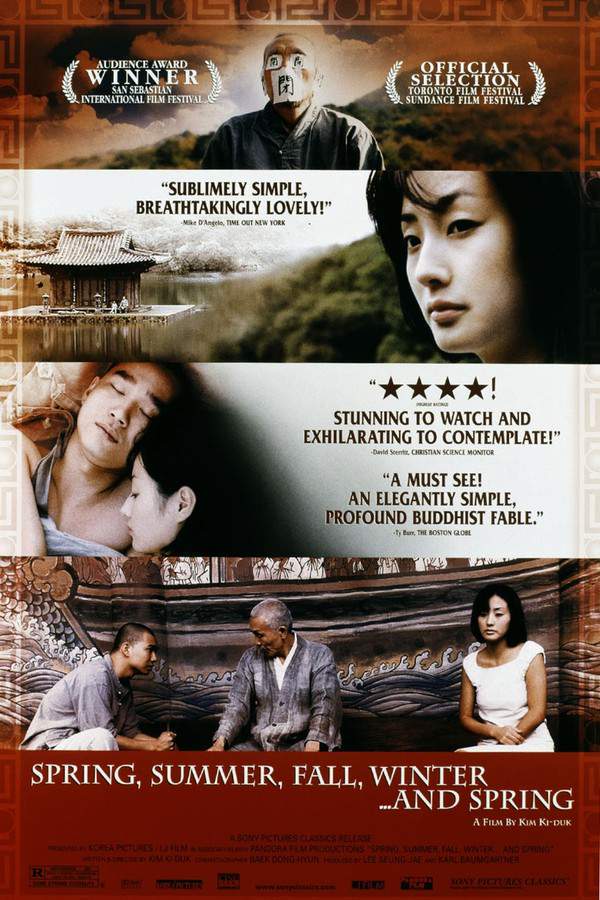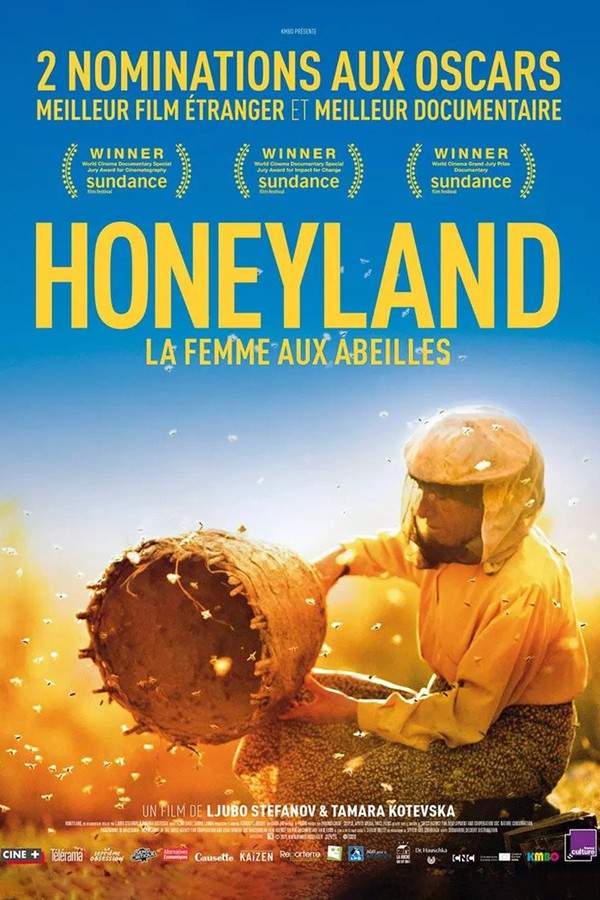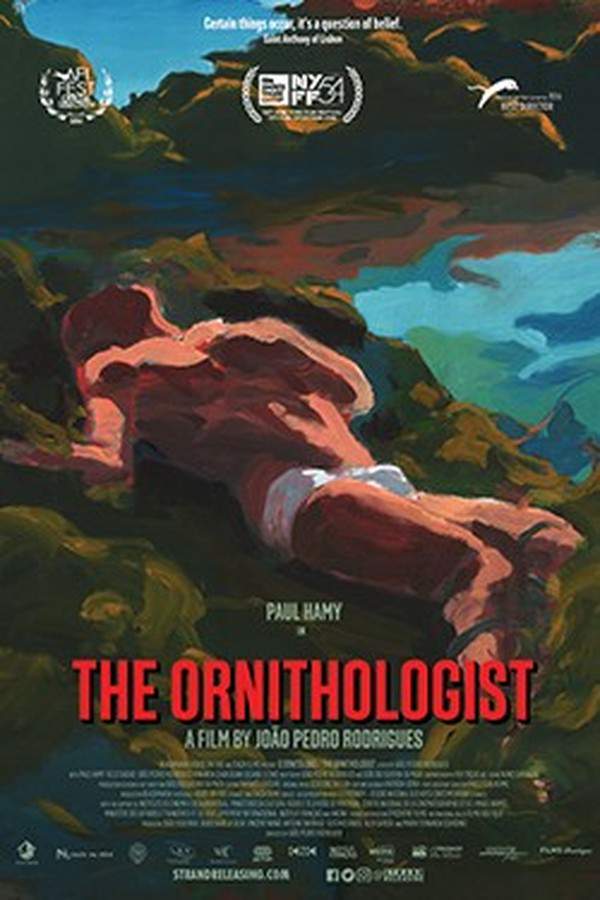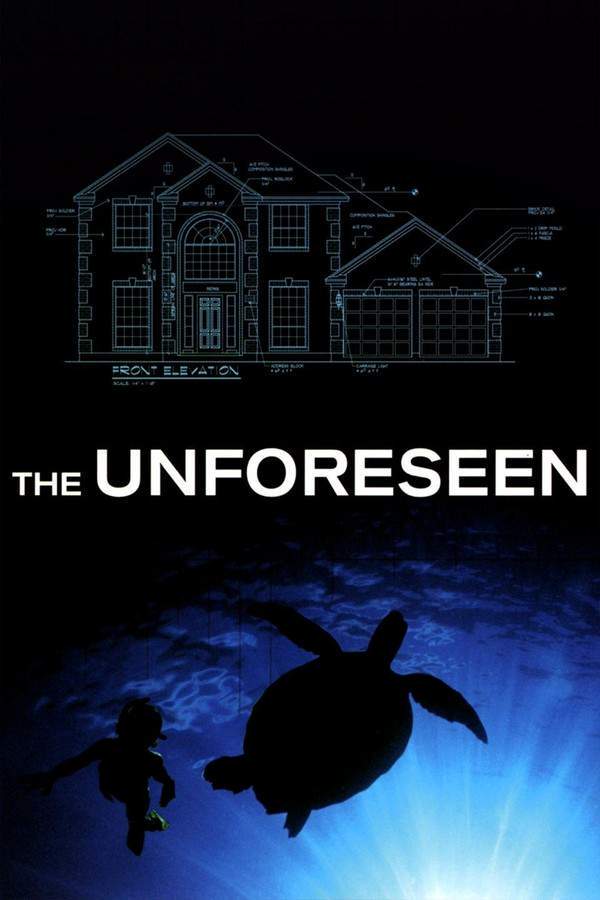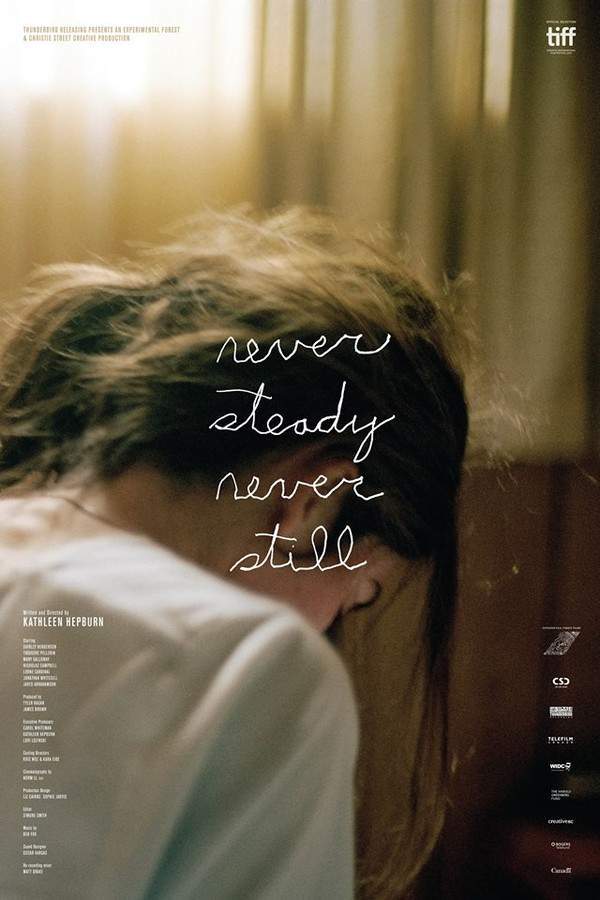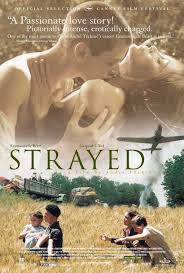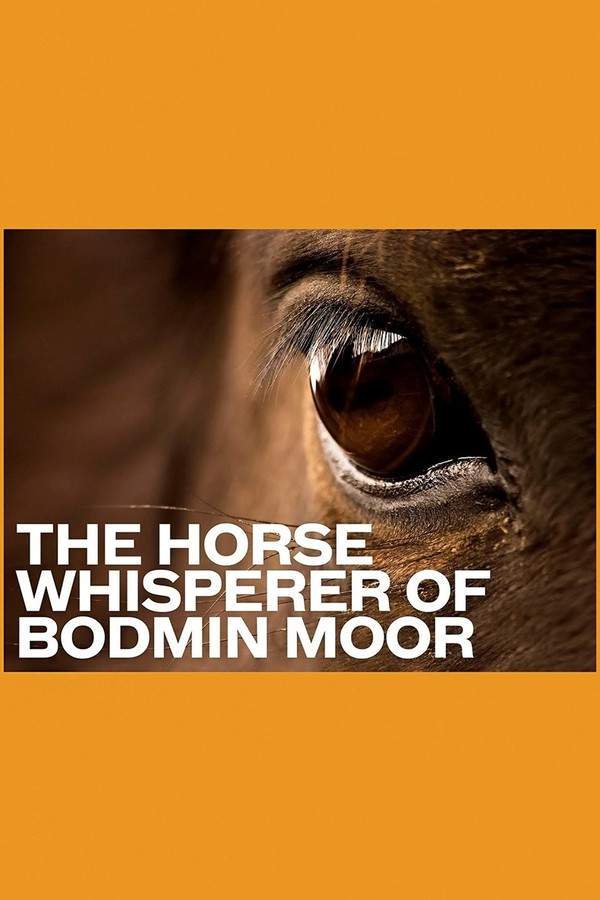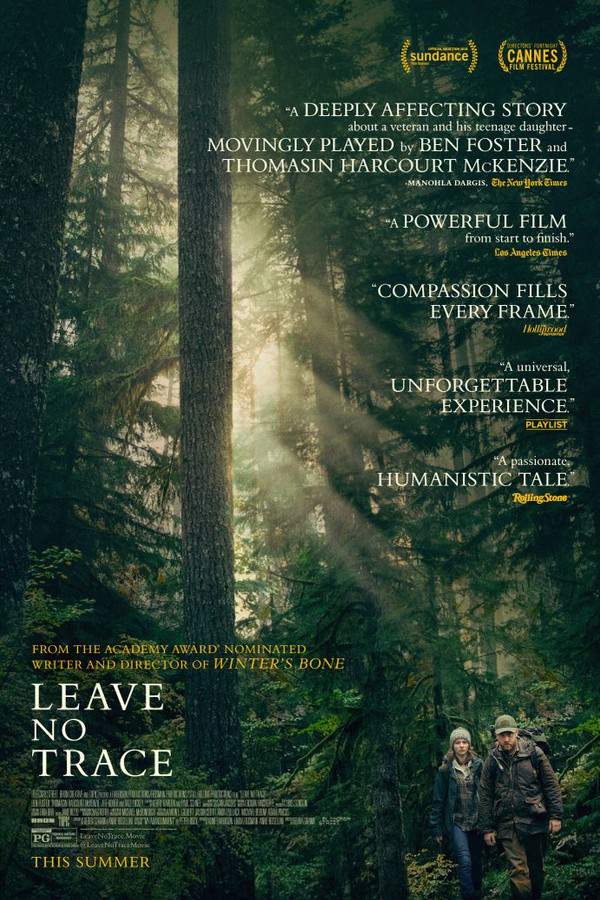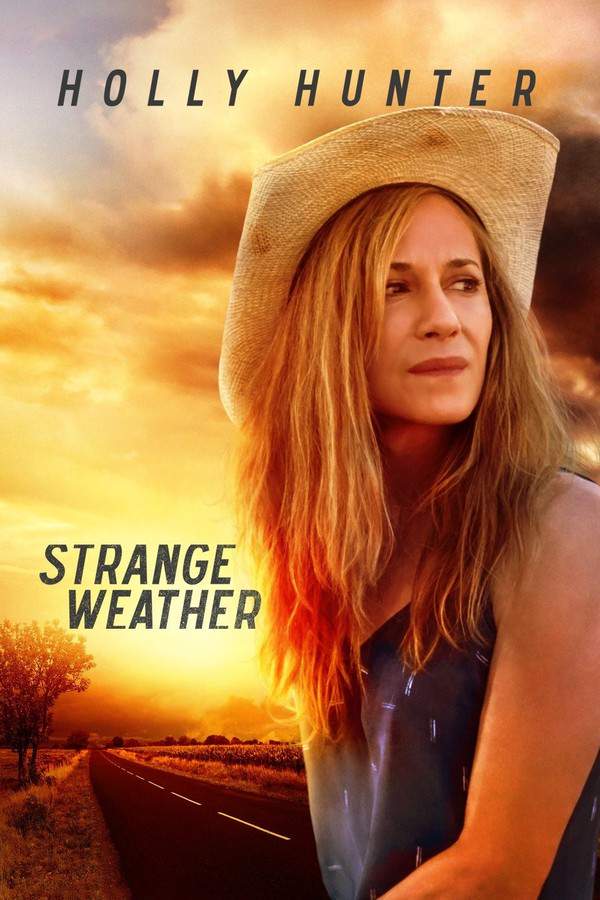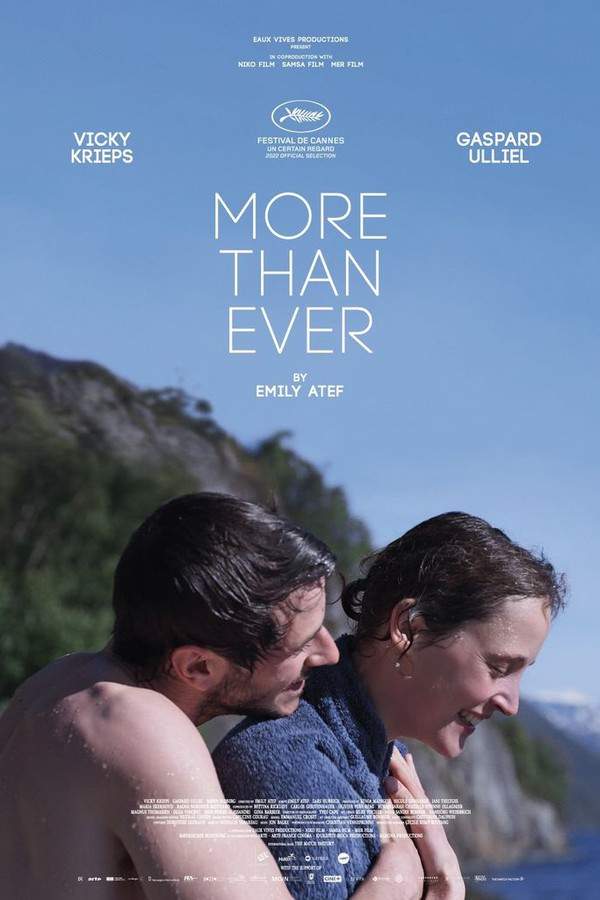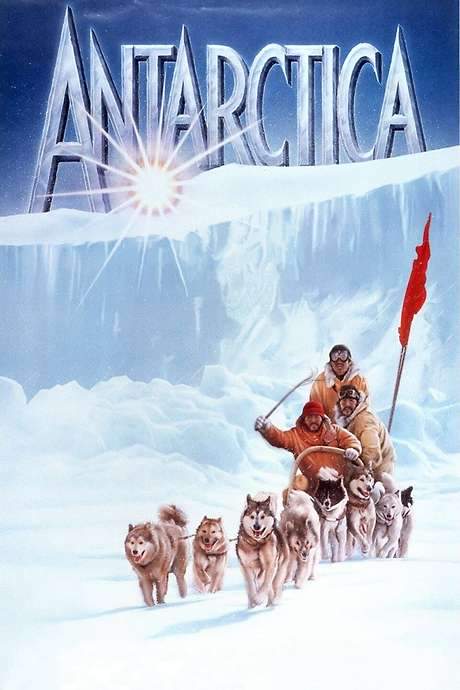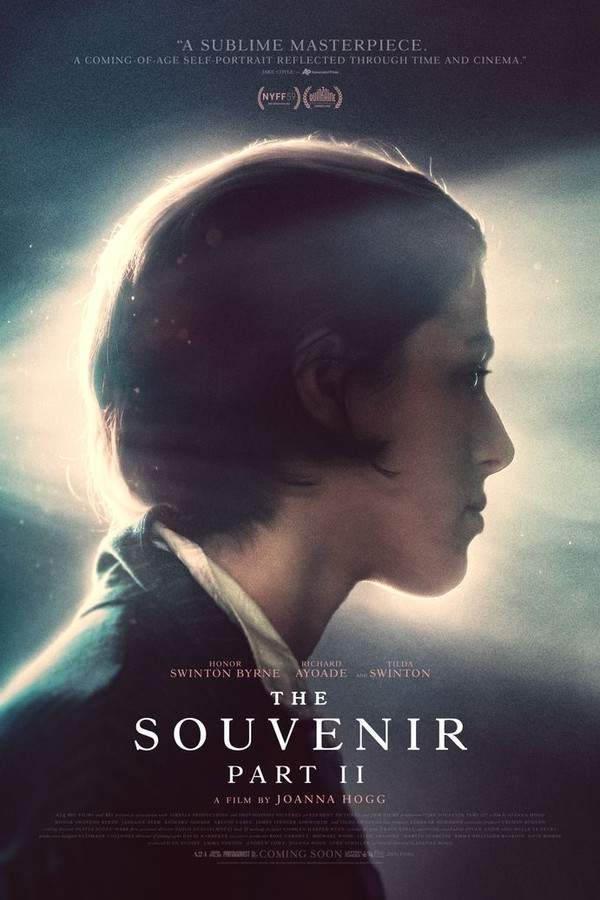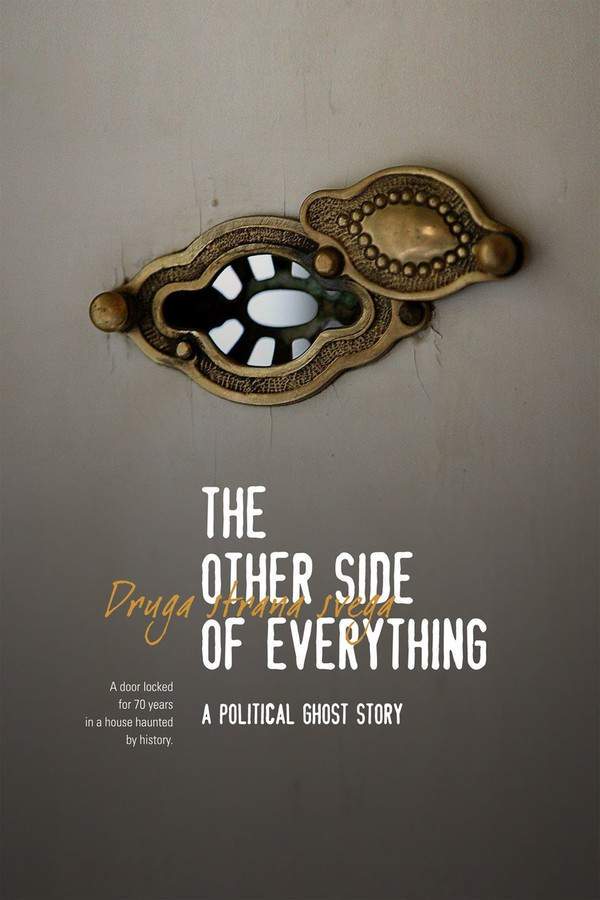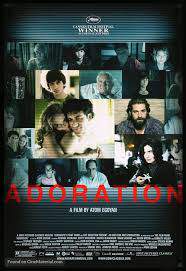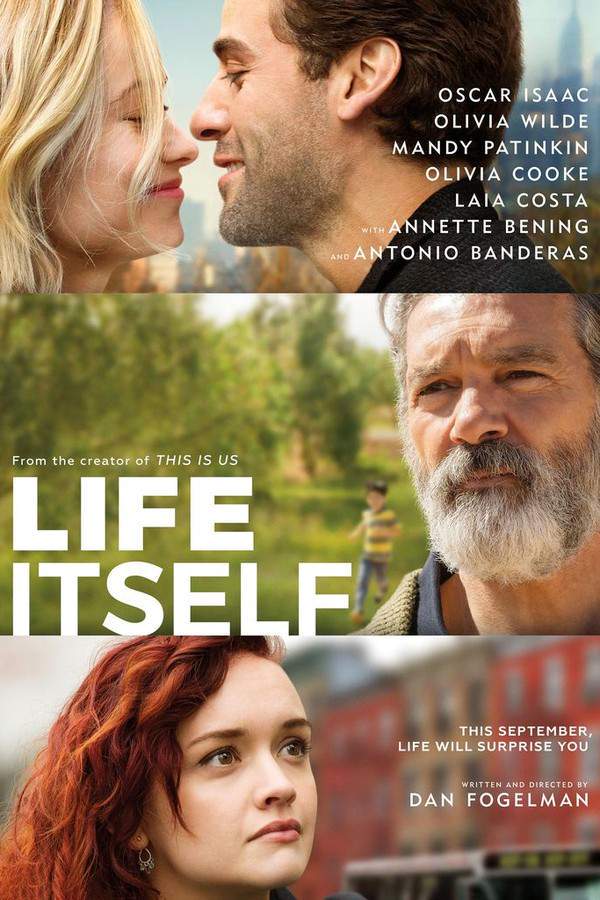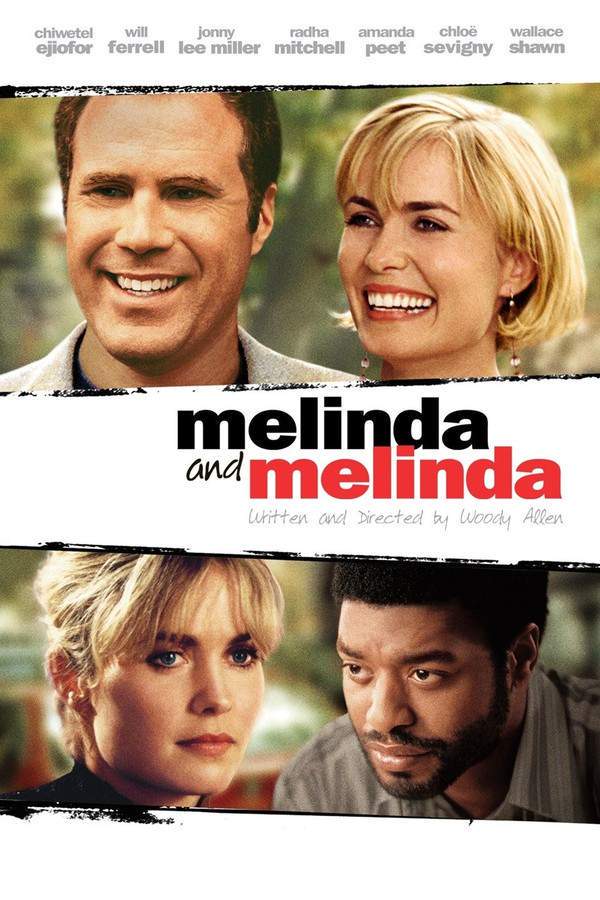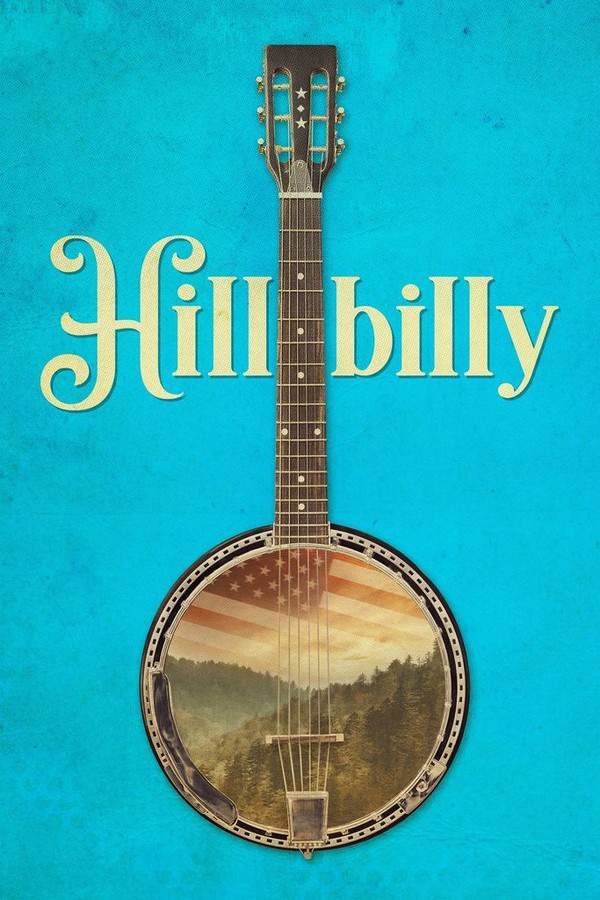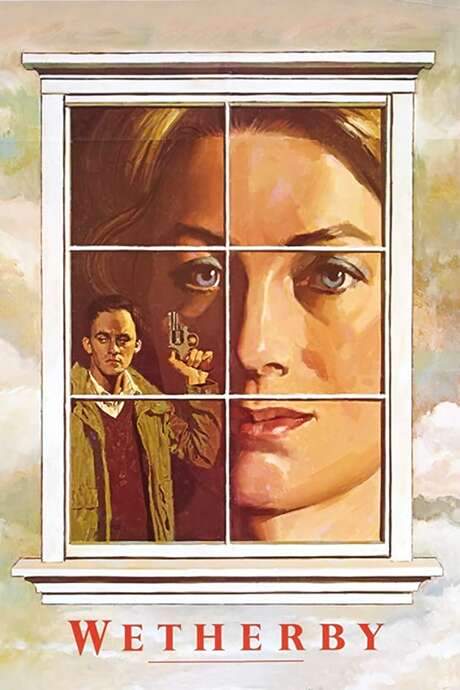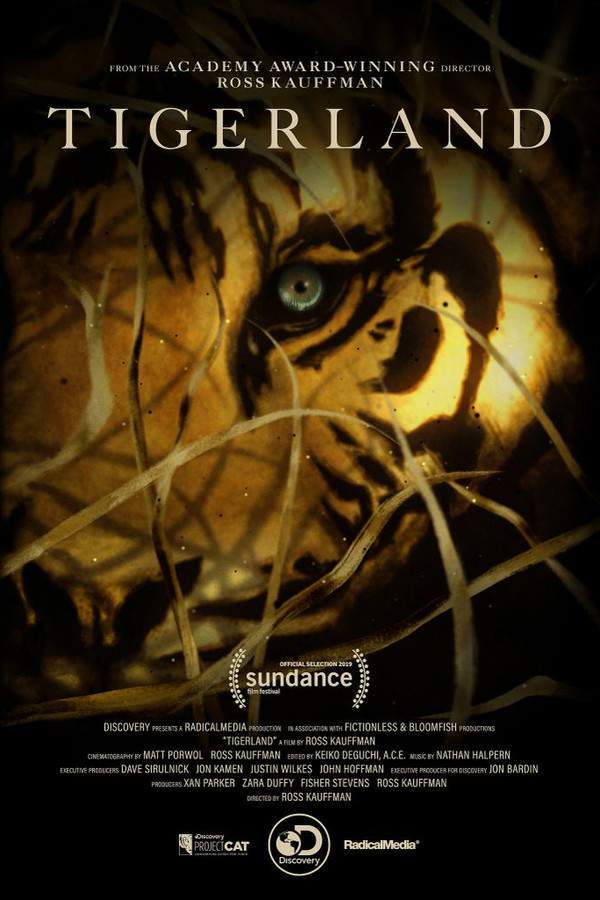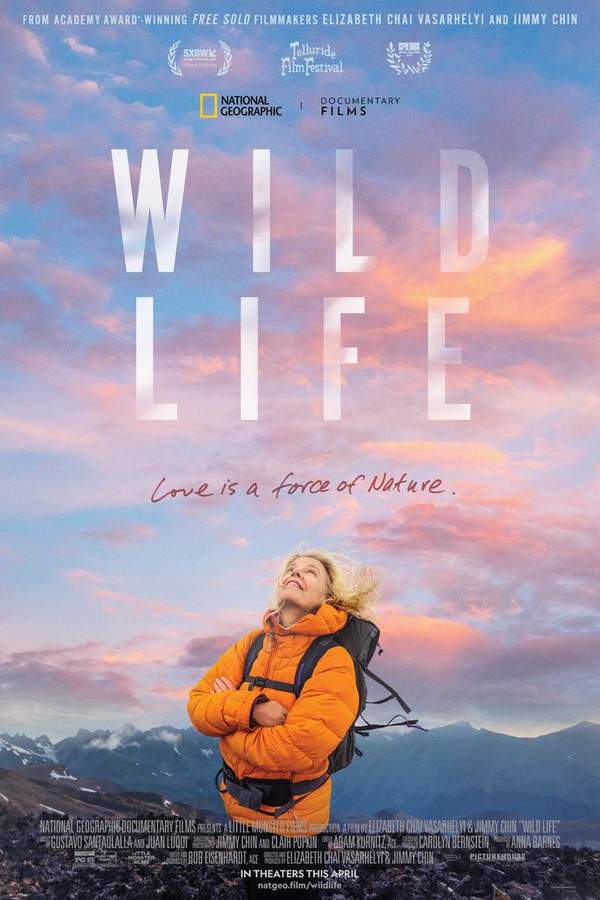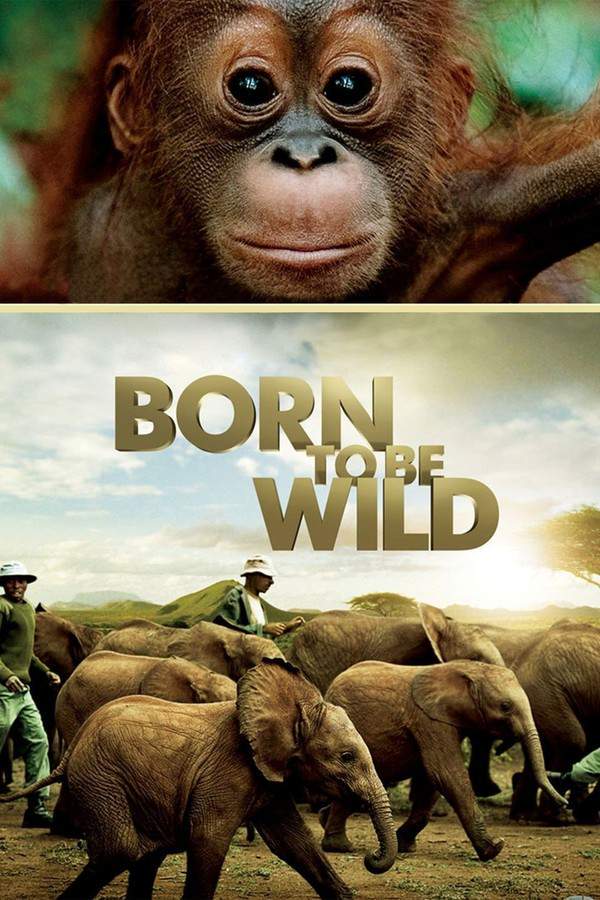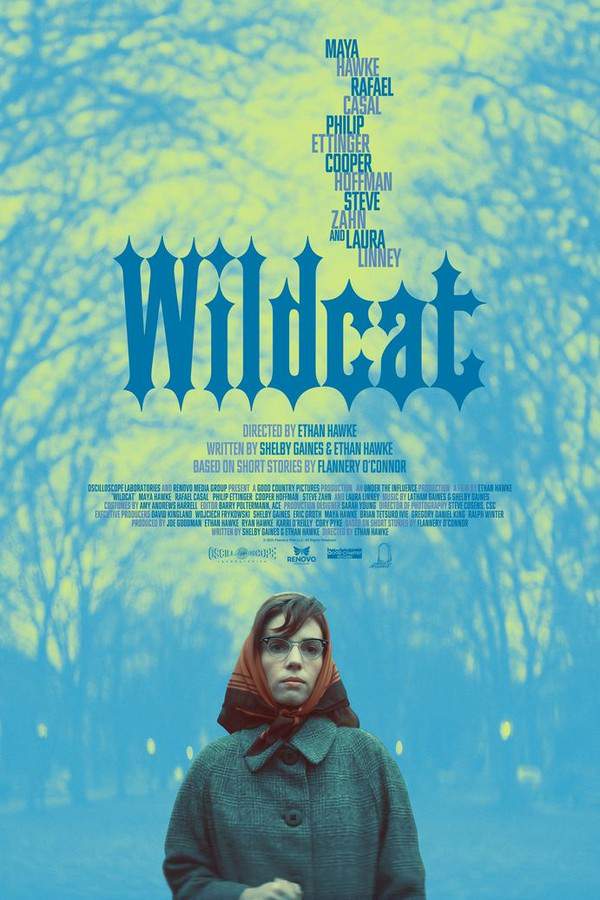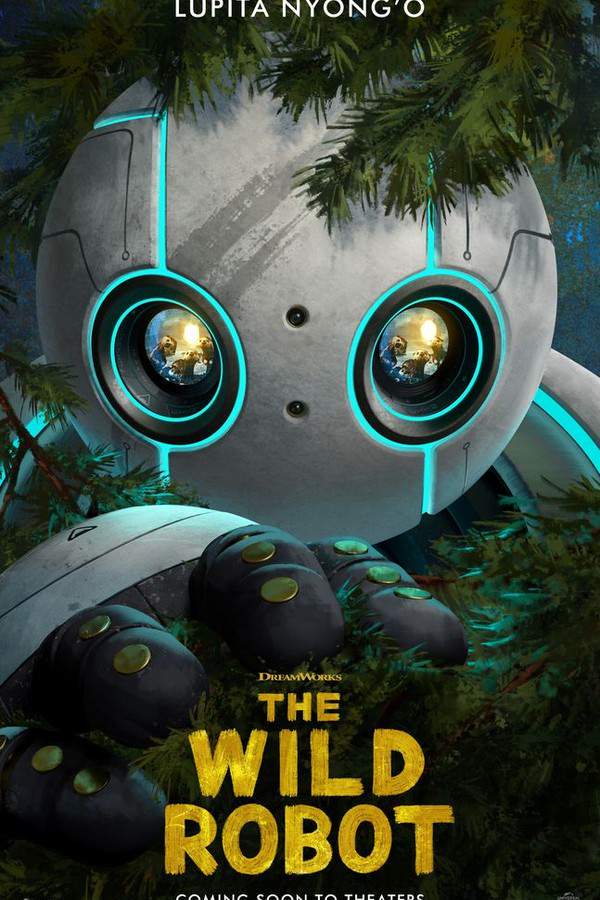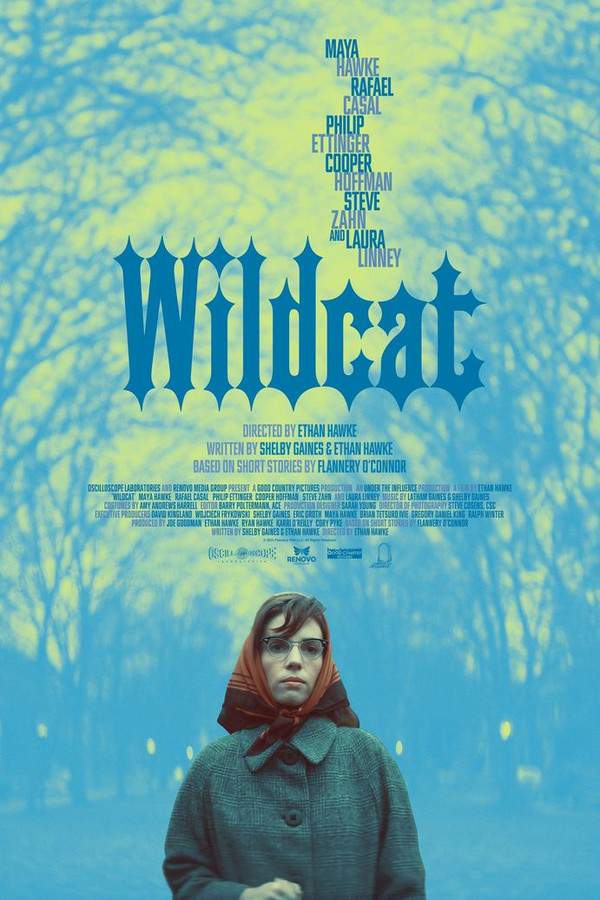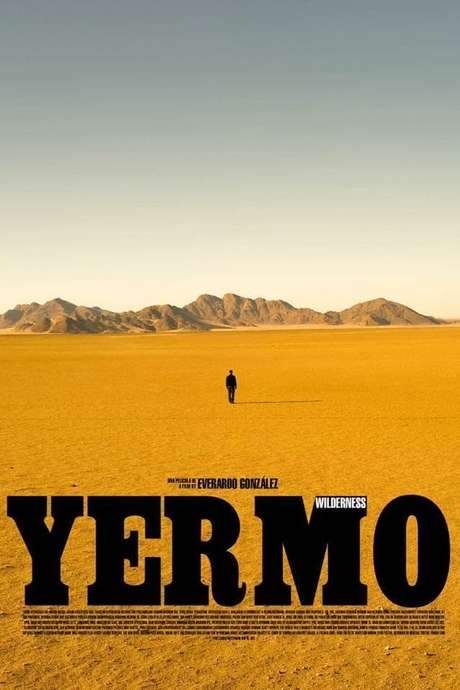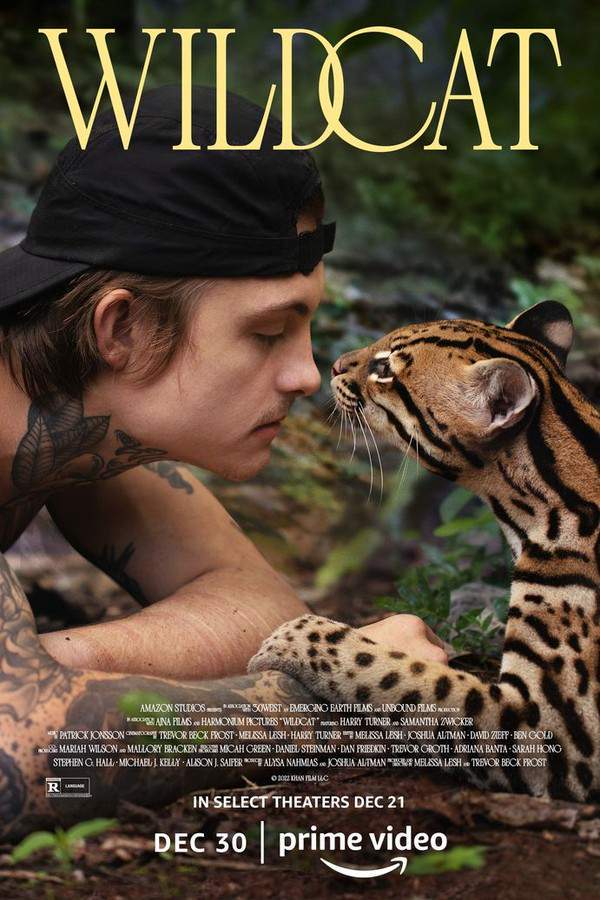
Wildcat
Deep within the Amazon rainforest, a young veteran named Harry Turner searches for healing and peace. He unexpectedly encounters Samantha Zwicker, who runs a wildlife sanctuary, and becomes involved in her efforts to rescue and rehabilitate orphaned animals. While caring for an ocelot, Harry experiences a profound personal transformation, finding purpose and redemption through connection with nature and the animals he helps. It’s a true story about love, healing, and finding second chances.
Warning: spoilers below!
Haven’t seen Wildcat yet? This summary contains major spoilers. Bookmark the page, watch the movie, and come back for the full breakdown. If you're ready, scroll on and relive the story!
Wildcat (2022) – Full Plot Summary & Ending Explained
Read the complete plot breakdown of Wildcat (2022), including all key story events, major twists, and the ending explained in detail. Discover what really happened—and what it all means.
The film centers on Flannery O’Connor, a singular Southern writer and devout Catholic, who imagines her own life as a melodramatic movie trailer. In this inventive opening, a flamboyant boarding-house resident named Star Drake becomes a catalyst for wild, chaotic scenes that spill over into both the imagined and the real. As the narrative unfurls, a series of vignettes unfold—each echoing the mood and themes of O’Connor’s stories such as The Comforts of Home, Everything That Rises Must Converge, Good Country People, The Life You Save May Be Your Own, Revelation, and Parker’s Back. The film also stages a scene from her novel The Violent Bear It Away and reworks monologues inspired by A Prayer Journal, blending fiction, memory, and inspiration into a mosaic of O’Connor’s life and work.
After a moment of triumph in a writing competition, O’Connor travels to New York with the aim of securing a publisher for Wise Blood. She resists the demand to outline the novel, preferring to defend the integrity of her creative process. In this city, she discusses her work with the celebrated poet Robert Lowell, who hails her as his most talented student and with whom she shares a quiet, mutual attraction. The encounter foreshadows a personal tension, as Lowell eventually marries Elizabeth Hardwick, a turn of events O’Connor encounters at a writers’ party where she finds the gathering of guests less than congenial. The film juxtaposes the glamour of literary ambition with the ache of unattained romance, painting a portrait of a writer who remains fiercely dedicated to her craft even as her heart remains unsettled.
Upon returning from New York, O’Connor’s health darkens. She endures fatigue and a painful facial rash, only to learn that she is afflicted with lupus, a disease that had already claimed her father. The illness tests her resolve: she initially rejects medical help, then accepts treatment, and at times relies on crutches as she navigates daily life. Her mother, Regina, a figure who both loves and challenges her, offers support in practical ways while sometimes clashing with the bite of O’Connor’s uncompromising voice. To offer comfort in this turbulent period, O’Connor buys a peacock, a tangible companion amidst the upheavals of illness and writing.
A compassionate Irish priest arrives to counsel her on her inner conflicts, recognizing the conflict between faith and doubt. He also notes a shared insistence on the value of art used for good, suggesting she channel her gifts toward acts of charity and toward enriching others through her writing. In conversations about Joyce’s Ulysses, the priest asserts that the book’s ban in Ireland is needless, signaling a broader openness to confronting difficult ideas. Faced with these spiritual and ethical questions, O’Connor contemplates how best to live as a Catholic writer, and she responds by turning to disciplined, dedicated work.
The film reaches a turning point when O’Connor receives news from Lowell about his marriage, prompting her to settle into a more focused, solitary routine of writing. The closing passages bring a reflective quiet, underscored by a factual intertitle—that O’Connor would live another fourteen years, until she succumbed to lupus, which she described as the “French wolf.” After the credits roll, a final on-screen text quotes her gratitude toward the actors of the medical world—pig-derived pituitary extracts—that helped sustain her life. Throughout, the film remains faithful to the sense that O’Connor’s life and imagination were inseparably linked, and that her writing—sharply honest, rigorously observant, at times radiantly comic—was her instrument for making sense of faith, doubt, and the stubborn humanity of those around her.
Last Updated: October 09, 2025 at 16:22
Ending Explained – What Happens at the End of Wildcat?
Still wondering what the ending of Wildcat (2022) really means? Here’s a spoiler-heavy breakdown of the final scene, major twists, and the deeper themes that shape the film’s conclusion.
In the final scenes of Wildcat, Flannery finds a sense of peace and spiritual renewal despite her ongoing struggles with illness and heartbreak. She rearranges her writing desk so that it faces the Cross, symbolizing her decision to seek divine inspiration and serve a higher purpose through her writing. The act signifies her acceptance of her pain and suffering as part of her spiritual journey, rather than something to be mourned. The image of the peacock feather spreading echoes this new beginning, representing both her spiritual awakening and her professional growth. Flannery’s life continues in her Georgia home, where she embraces her identity and purpose, even as her health deteriorates. The ending suggests that her true fulfillment comes not from worldly success or romantic love but from her faith, her dedication to her craft, and her acceptance of her place in the divine plan. Her story closes with a sense of hope and resilience, highlighting her belief that through suffering and faith, she can find grace and meaning in her life.
Last Updated: June 27, 2025 at 09:36
Explore Movie Threads
Discover curated groups of movies connected by mood, themes, and story style. Browse collections built around emotion, atmosphere, and narrative focus to easily find films that match what you feel like watching right now.
Movies about finding redemption in nature like Wildcat
Stories of wounded souls finding purpose and peace through connection with the wilderness.If you were moved by the journey of healing in Wildcat, explore these similar movies about characters finding purpose and redemption through their connection with the wilderness. These stories often feature solitary figures, wildlife, and a slow, contemplative pace.
Narrative Summary
The narrative follows a character, often burdened by trauma or loss, who seeks solitude in a remote natural setting. Their initial struggle gives way to a deepening bond with the environment or its creatures, leading to a slow-burn personal transformation that is more internal than external, focusing on emotional and spiritual growth.
Why These Movies?
These films are grouped by their shared focus on nature as a catalyst for healing, their melancholic yet hopeful tone, and their slow, reflective pacing that allows the audience to sit with the character's internal journey. They share a heavy emotional weight and often bittersweet resolutions.
Bittersweet true life stories similar to Wildcat
Intimate portraits of real people whose passionate dedication comes with a profound personal cost.For viewers who appreciated the true story and emotional depth of Wildcat, this collection features movies like it: poignant biographical documentaries about individuals whose profound dedication to a cause shapes their life in bittersweet ways.
Narrative Summary
These stories are character-driven, chronicling the real-life journey of someone committed to a singular purpose, often in the face of personal hardship, illness, or isolation. The plot is less about dramatic action and more about the quiet, cumulative impact of their work, leading to an ending that acknowledges both their achievements and the sacrifices made.
Why These Movies?
Movies in this thread share a foundation in truth, a complex emotional tone blending melancholy with purpose, and a heavy emotional weight. They are united by a slow, reflective pace that allows for deep character study and often conclude with a bittersweet feeling, honoring the complexity of a life fully lived.
Unlock the Full Story of Wildcat
Don't stop at just watching — explore Wildcat in full detail. From the complete plot summary and scene-by-scene timeline to character breakdowns, thematic analysis, and a deep dive into the ending — every page helps you truly understand what Wildcat is all about. Plus, discover what's next after the movie.
Wildcat Timeline
Track the full timeline of Wildcat with every major event arranged chronologically. Perfect for decoding non-linear storytelling, flashbacks, or parallel narratives with a clear scene-by-scene breakdown.

Characters, Settings & Themes in Wildcat
Discover the characters, locations, and core themes that shape Wildcat. Get insights into symbolic elements, setting significance, and deeper narrative meaning — ideal for thematic analysis and movie breakdowns.

Wildcat Ending Explained
What really happened at the end of Wildcat? This detailed ending explained page breaks down final scenes, hidden clues, and alternate interpretations with expert analysis and viewer theories.

Wildcat Spoiler-Free Summary
Get a quick, spoiler-free overview of Wildcat that covers the main plot points and key details without revealing any major twists or spoilers. Perfect for those who want to know what to expect before diving in.

More About Wildcat
Visit What's After the Movie to explore more about Wildcat: box office results, cast and crew info, production details, post-credit scenes, and external links — all in one place for movie fans and researchers.

Similar Movies to Wildcat
Discover movies like Wildcat that share similar genres, themes, and storytelling elements. Whether you’re drawn to the atmosphere, character arcs, or plot structure, these curated recommendations will help you explore more films you’ll love.
Explore More About Movie Wildcat
Wildcat (2022) Scene-by-Scene Movie Timeline
Wildcat (2022) Movie Characters, Themes & Settings
Wildcat (2022) Ending Explained & Theories
Wildcat (2022) Spoiler-Free Summary & Key Flow
Movies Like Wildcat – Similar Titles You’ll Enjoy
Tigerland (2019) Film Overview & Timeline
Wild Life (2023) Ending Explained & Film Insights
Wild (2014) Story Summary & Characters
Born to Be Wild (2011) Film Overview & Timeline
Wildcat (2021) Spoiler-Packed Plot Recap
The Wild (2024) Ending Explained & Film Insights
Wildcat (2024) Plot Summary & Ending Explained
Wild: Life, Death and Love in a Wildlife Hospital (2018) Full Summary & Key Details
Wild Portugal (2020) Full Summary & Key Details
Wilderness (2020) Story Summary & Characters
That’s Wild (2020) Complete Plot Breakdown
Jungle Cat (1960) Detailed Story Recap
Born Wild (1995) Story Summary & Characters
Wild America (1997) Story Summary & Characters
Wild Foxes (2025) Movie Recap & Themes

